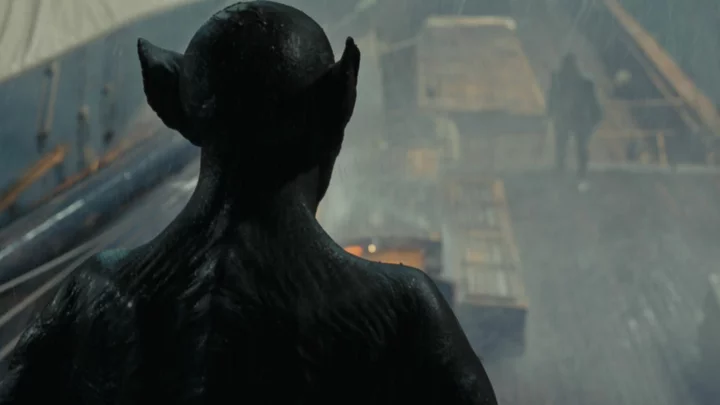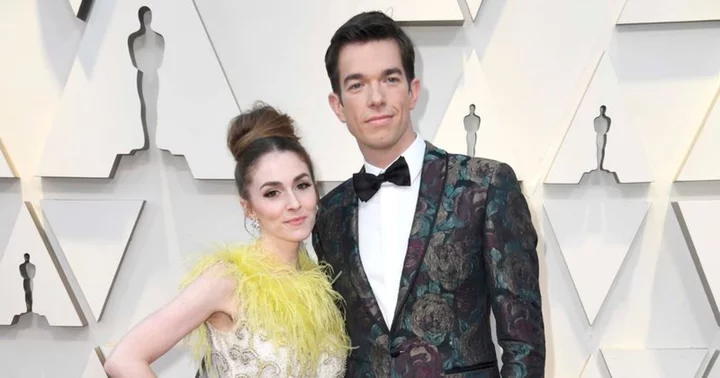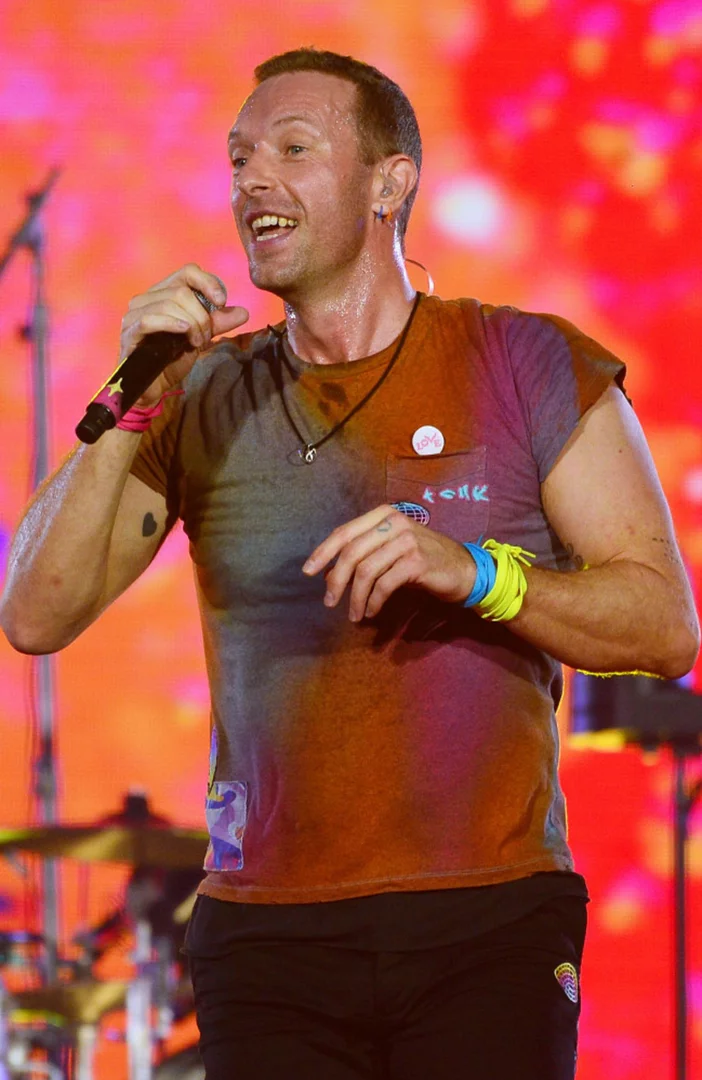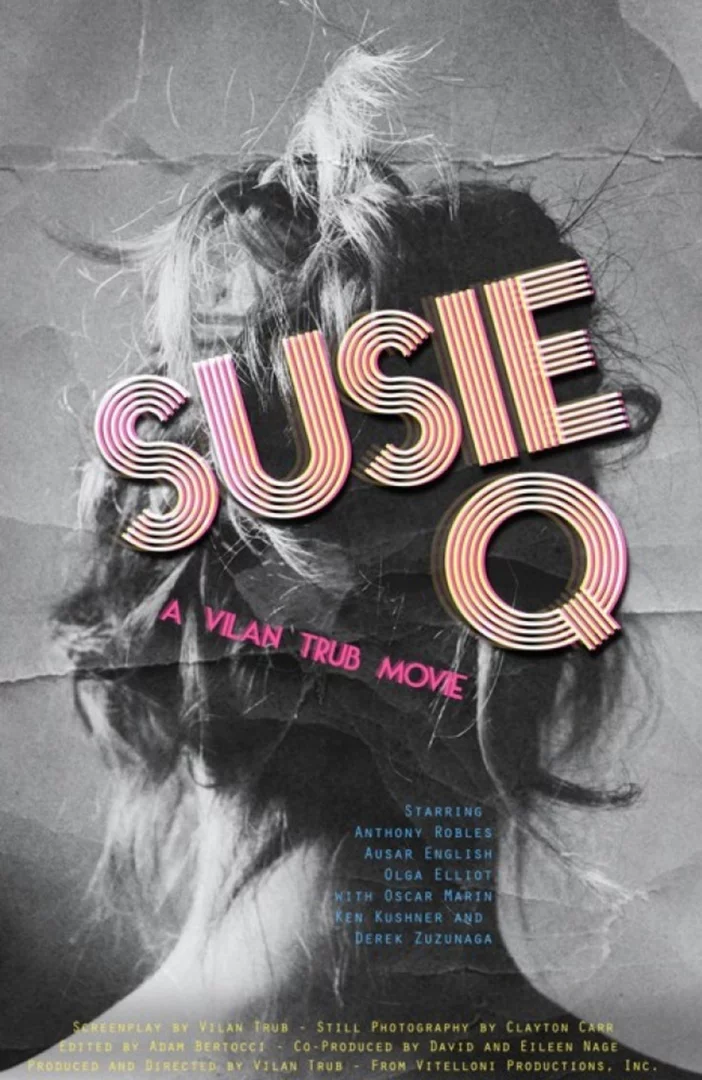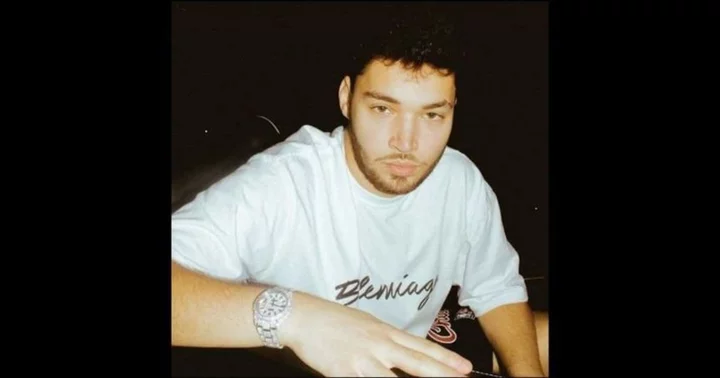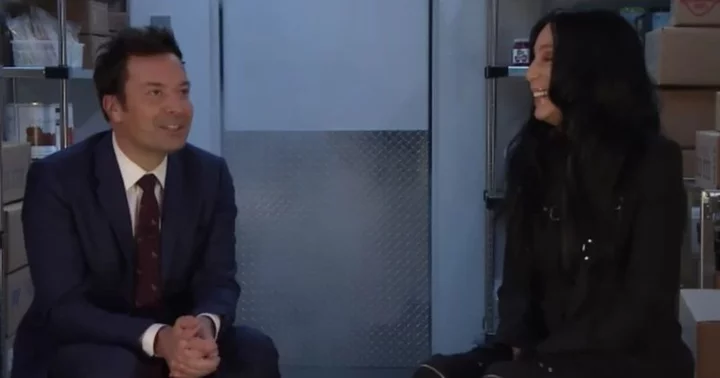By my count, André Øvredal is one of the most underrated horror filmmakers working today. In 2010, he brought beasts of legend to terrifying life in the thrilling and funny found-footage offering Troll Hunter. In 2016, he created a unique spin on haunted horror with the claustrophobic morgue-set thriller The Autopsy of Jane Doe. In 2019, he had the dizzying task of adapting Alvin Schwartz's anthology of spooky tales into a fittingly freaky film with Scary Stories to Tell in the Dark, which met with mixed reviews despite being superbly scary. Now, he brings to light a shadowy chapter of Dracula with The Last Voyage of the Demeter.
Adapted from the Captain's log section from Bram Stoker's classic vampire novel, this high-seas horror ride reads between the lines to unfurl a unique story of terror. The Demeter was the ship that ferried the count from Transylvania to London, but reached its destination devoid of life. A star-studded cast plays the titular ship's crew, including The Walking Dead's Corey Hawkins, The Nightingale's Aisling Franciosi, Game of Thrones' Liam Cunningham, and The Bogeyman's David Dastmalchian.
With so much promise on paper, The Last Voyage of the Demeter was among my most anticipated movies of summer 2023. Regrettably, the film onscreen feels less fulfillingly frightening and more frustrating, as its concept and content seem at war.
SEE ALSO: Is going to a movie during the WGA/SAG-AFTRA strike crossing the picket line?The Voyage of the Demeter shows why less is more.
Credit: Universal Pictures and Amblin EntertainmentIn an anticipatory interview with Dread Central, Øvredal described The Last Voyage of the Demeter as "basically Alien on a ship in 1897." It's a solid comparison. Both films center on a crew who, despite interpersonal conflict, must band together to battle a ferocious monster they cannot comprehend, even as it picks them off one by one. Of course, Alien was basically Jaws on a spaceship. And key to the success of both of these films was they had an incredibly scary monster that audiences saw in tantalizing glimpses, teasing out terror. Sadly, The Last Voyage of the Demeter rejects this crucial element, giving up the goods 'til they turn bad.
The crew begins their voyage in "high spirits," or so says the captain's log voiceover from a husky-voiced Cunningham, who sports a magnificent beard. But things quickly turn south, as their food supply is sabotaged, and crew members begin to go missing. There's no mystery to the audience what lurks in the shadows, not only because the opening title cards make clear the Dracula connection, but also because the movie shows us the monster early in the second act. It's a jump scare that's so telegraphed it elicits neither jump nor scare. And it doesn't feel like Øvredal.
First, it's a flash of a fanged face. Then, a prolonged long shot of an emaciated gray body, swiftly leaping into full-on attack mode. In Jaws and Alien, the glimpses of the monster — accentuated by nerve-racking scores — urged our imaginations to drive us wild in terrible anticipation. In The Last Voyage of the Demeter, there's nothing left to the imagination. And as this translation of Dracula's feral form is very familiar, with features recalling Murneau's Nosferatu monster, it just grows less scary with each showcase. Sure, the crew might be new to this beast and his lore, but audiences in the 21st century demand something more. Maybe that was the problem.
The Last Voyage of the Demeter sets up folk horror suspense.
Credit: Rainer Bajo/Universal Pictures and Amblin EntertainmentThe film feels like two movies fighting for dominance. One is a slow-burn folk horror story, in which an educated, metropolitan hero (Hawkins as Dr. Clemens) is pitched into a world of superstition, where he feels alienated and pushed to the brink by ritual, savagery, and death. The other is the kind of shoddy B-movie with underwhelming monster effects that you'd see as a SYFY channel original.
The folk horror film at play in The Last Voyage of the Demeter feels like Øvredal. His films nestle audiences in character and world-building before bringing in the monster who will turn their lives upside down. Here, he establishes Clemens as a noble gentleman, cast to the fringe of society because of anti-Black racism but given a chance at a fresh start aboard the Demeter. There, he befriends a cheerful cabin boy (Woody Norman). But the good doctor earns the ire of the hard-nosed first mate, Wojchek (Dastmalchian), when he risks his health and shares his rations with a mysterious stowaway (Franciosi). A woman on board is a bad omen, the other crewmates warn. And when it comes to this woman, they're not wrong.
Within this premise, there is vulnerability, conflicts born from culture clash, and the messy tangles of motives that are resolutely human: greed, hope, and a yearning for human connection. In this push and pull, Øvredal's hand is felt firmly, guiding a story where the shadows themselves could brew choking tension. Plus, the crew's tradition of knocking on wood to call for help is a promising setup for a shuddering sound design. (Think Hereditary, Nope, or the trailer for Men.)
Instead, The Last Voyage of the Demeter loses its way with garish gore and cheap spectacle.
The Last Voyage of the Demeter feels like it was undone by studio notes.
Credit: Rainer Bajo/Universal Pictures and Amblin EntertainmentThere are fingerprints from meddling throughout this film. One is the way the monster is shown so soon, and so, so much. The best reveal of the monster comes late in the second act, where the young cabin boy slowly notices the crouched, cryptic form in the corner. As it stands, its long, lean, gray legs too long and too strong, it's genuinely unnerving. But it'd be even more effective if it hadn't been shown in full so often before. It's as if the filmmakers had no faith an audience could wait for the monster or would invest in the characters, so bits of ghoulish Dracula were spilled precariously throughout like so, so, so much blood and gore and close-ups of chomped-on necks.
Folk horror isn't immune to gore. Midsommar presented gruesome violence throughout, while The Wicker Man toasts its hero with a fiery finale. But here, characters go from being frightened to being the focus of horrific violence in unsavory close-ups. Much like with the monster, we're invited to leer at and linger on the carnage, perhaps with the expectation we'll relish it.
This focus on ghoulish spectacle over suspense doesn't feel like Øvredal. It lacks the humanity of his horror. Instead, this ghoulish display feels like the push from some influence insisting summer movie audiences need more than mood and carefully paced thrills. Perhaps this is why the action scenes are atrociously cut, with shoddily made match-on-action edits and the logic within action sequences veering from unconvincing to inconceivable. Truly, the climax feels like it belongs in a different movie altogether, plucked from a Die Hard rip-off or one of the ill-fated fantasy-action movies from the early '00s, like Van Helsing.
Keen-eared audience members might also note the clear use of ADR (additional dialogue recording), not only used to smooth rough edges in dialogue — which is very common — but also to lay down major plot points. And still, a gaping plot hole calls much of the action into question, like: If they realize this creature only comes out at night, why wouldn't they use a daytime attack to their advantage!
A crackling cast can't keep the Demeter from sinking.
Credit: Rainer Bajo/Universal Pictures and Amblin EntertainmentIt brings me no joy to report that Øvredal's latest is a great disappointment. To his credit, he and his cast build a band of intriguing characters. Hawkins is a strong-chinned leading man with fire in his eyes, and it's a joy to see him stride into the fray. Franciosi brings depth through world-weariness to a damsel character who, while underwritten, comes alive through her heavy heart. Cunningham takes a heart-wrenching turn as a captain who sees all he knows ripped apart, while Dastmalchian's signature dark energy brings brooding but also a charged vulnerability to the ensemble. Meanwhile, Stefan Kapicic gives a performance that is in turns tender and terrifying, creating what might be the film's slyly most satisfying and unnerving arc.
Since plucking a Norwegian comedian to play a rugged, grumpy troll hunter, Øvredal has had a gift for building a cast that brings his characters to radiant life, binding us loyally to their fight. But the suspense that has been such a crucial, spine-tingling aspect of his filmography thus far is woefully faint here. For every scene in which tension is allowed to brew, another spills it away with grim spectacle that looks cheap and feels cynical.
I'm aware I may be way off, an Øvredal apologist with more speculation than evidence. But this speculation is the only way this movie being what is makes any sense to me. For while there are treasures along the way for horror fans — like the snarling intensity of the cast and a handful of bitingly tense moments — the odyssey overall is stormed with confounding choices that feel more pandering than profound, more awkward than earned.
I admire the ambition of this film, which blends elements of monster movies, slasher flicks, folk horror, and even Night of the Living Dead. And yet, I was unable to enjoy the ride for what it was, too caught up in where it might have gone.

